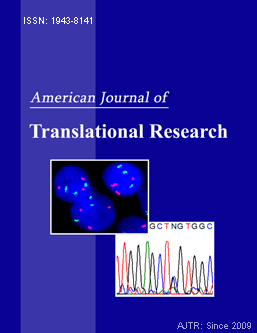 When the merde hits the fan, blame the translator. That’s Rule 1 of botched international diplomacy — and, evidently, botched international science.
When the merde hits the fan, blame the translator. That’s Rule 1 of botched international diplomacy — and, evidently, botched international science.
Otolaryngology researchers in China have lost their 2018 paper in the American Journal of Translational Research for what they’re calling (with some degree of chutzpah) language barriers.
The article, “Therapeutic ultrasound potentiates the anti-nociceptive and anti-inflammatory effects of curcumin to postoperative pain via Sirt1/NF-κB signaling pathway,” came from group whose primary affiliation was the Second Military Medical University in Shanghai. (It hasn’t been cited, according to Clarivate’s Web of Science.) However, the list of authors also included several scientists in Germany.
Evidently, the Germans were most unzufrieden.
According to the retraction notice: Continue reading Found in translation: Authors blame language barriers after forging co-authors
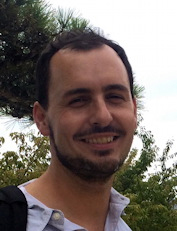




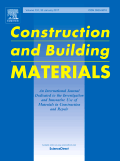 A material science journal has retracted a
A material science journal has retracted a 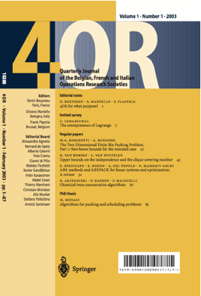 Recently, the editors of a journal about management science received a submission from a prominent Dutch economist. But something didn’t feel right about it.
Recently, the editors of a journal about management science received a submission from a prominent Dutch economist. But something didn’t feel right about it.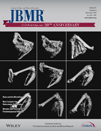 A bone researcher based in Japan
A bone researcher based in Japan 